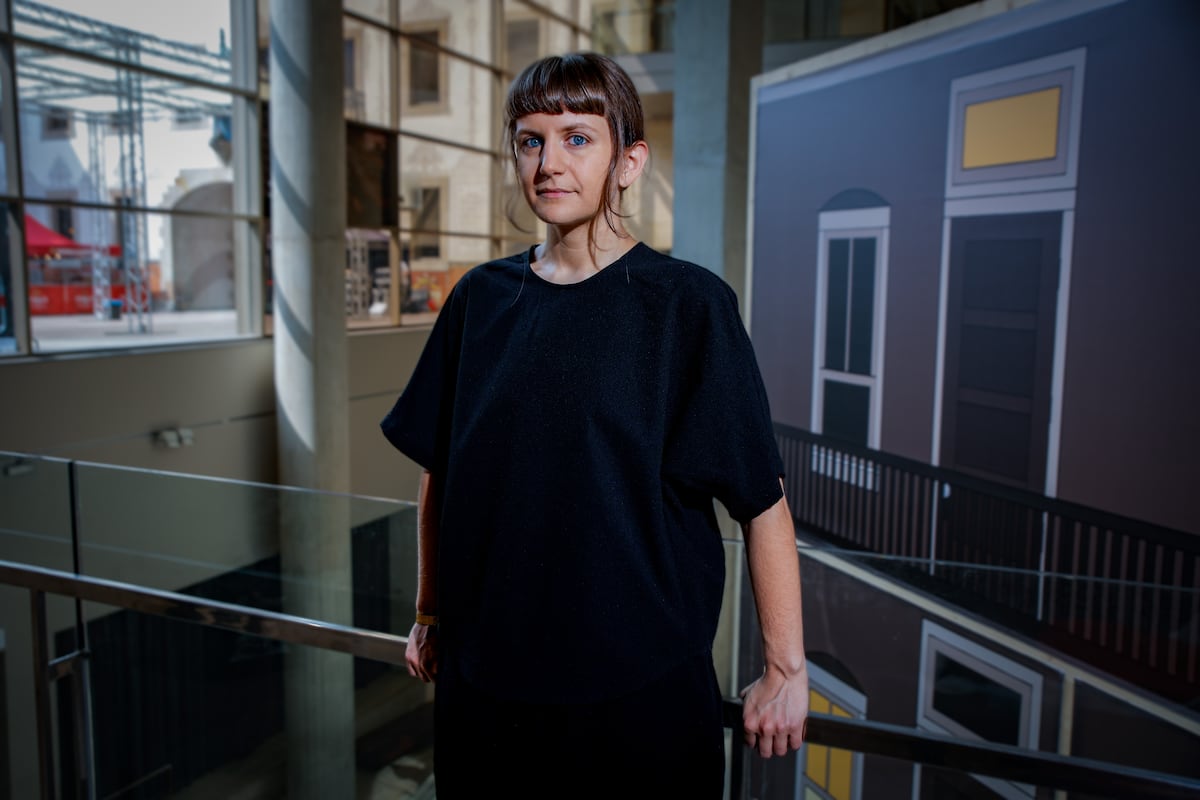
"One of the playlists Spotify recommends is titled Pilates Posh Princess'. What is the platform trying to tell me? Answer. Streaming services now categorize music by appealing to emotions, by making you feel like the protagonist. It does so based on vibes and feelings. When they recommend that playlist to you in the main carousel, it's to make you think: Oh, yeah, my life is a movie, and today I want to be a Pilates Posh Princess'."
"Q. Isn't it a bit essentialist to fit me into that group? Is there a Spotify for boys and a Spotify for girls? A. Streaming has inherited the techniques of personalized marketing. And like the rest of the music industry, it often assumes that people don't like music or underestimates users' capacity for engagement and curiosity. If you truly believed your users were serious about"
Streaming platforms categorize music by moods and lifestyle identities, using playlists that present listeners as protagonists in curated moments. Playlists labeled with specific vibes push users toward simplified emotional roles and treat listening as a consumable lifestyle choice. Algorithms and personalized marketing techniques privilege passive consumption, narrow discovery pathways, and underestimate listener curiosity and engagement. Corporate consolidation within streaming ecosystems extracts value from artists while standardizing tastes across audiences. The combined effect is a music environment shaped by platform priorities rather than diverse artistic exploration, leading to homogenized musical habits and constrained cultural exchange.
Read at english.elpais.com
Unable to calculate read time
Collection
[
|
...
]